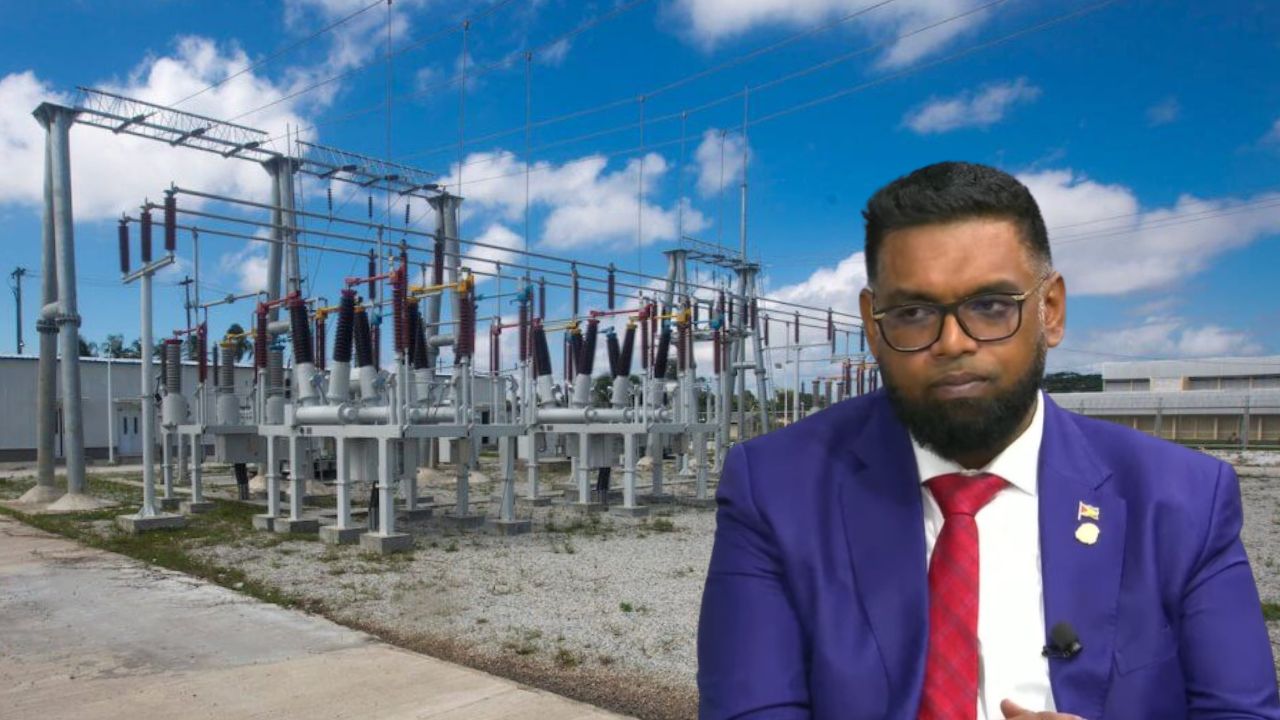While Guyana’s nascent oil and gas sector has created new business opportunities for local companies, the industry players’ requirement of making payments, sometimes exceeding 90 days after providing goods and services, amounts to local businesses financing ExxonMobil and its subcontractors’ operations.
The News Room has received complaints from several local companies, who have confirmed that ExxonMobil and its subcontractors routinely demand that businesses agree to receive their payments 60-90 days after providing their goods and services.
Compounding this requirement, the vendors are expected to fund the costs incurred by the execution of the contracted work, including paying payroll, taxes, and other overheads, and are only permitted to submit invoices after the work is completed.
Additionally, vendors are forced to undergo tedious invoicing requirements and await lengthy processing and approval procedures before the invoices are paid. This adds further delays to the business receiving their payments and increases the total time before its capital is recovered.
By being compelled to provide this extended credit facility as a near prerequisite for working with oil and gas players, Guyanese companies are in effect financing ExxonMobil and its subcontractors’ operations by having payments withheld to keep these multinational companies profitable and enable them to maximise the use of their monies.
And for the local companies, their cash flows are severely impacted by having to advance the sums to cover incurred expenses to creditors, which typically do not offer 60-90 days credit in Guyana.
This protracted delay between delivery of goods/services and payment receipt puts Guyanese businesses at a disadvantage because they are also forced to pay the opportunity cost of having their capital tied up awaiting reimbursement from oil and gas players – when it could have otherwise been used to finance other profitable ventures during this 90-day period.
Some have suggested that this payment model is designed to frustrate local companies at the expense of stymieing development and enable ExxonMobil and its subcontractors to bypass local content requirements by using foreign companies from Trinidad and the USA to offer the same services that Guyanese are trying to provide.
These foreign companies have the advantage of being able to operate within these onerous payment terms owing to their decades of experience in the oil and gas sector and their proven ability to access more effective and favourable financing arrangements in their home countries.
Though ExxonMobil and its subcontractors may argue that this payment term is the international industry standard, many people in the sector easily rebut that it is uncommon in Guyana, and noted that ExxonMobil should not expect a new oil sector like Guyana to immediately operate with the same terms and conditions as exists in Houston or Trinidad.

Moreover, it is the view of some local companies that ExxonMobil should be committed to supporting local content in actuality instead of having the mistaken belief that the inclusion of a “local content” clause in its contracts is sufficient without meaningful action.
When engaged by the News Room, Vice President Dr Bharrat Jagdeo said that this extended payment period is a concern he shared for years even when he was the Leader of the Opposition.
Importantly, however, Dr Jagdeo said that the forthcoming Local Content legislation will provide a crucial carve-out for local companies.
“… for companies that are defined as local companies, they have to have a payment system more suited to the scale of these companies and their specificities. That means a shorter period for extending credit to the oil companies,” the Vice President told the News Room on Wednesday.

Meanwhile, President of the Georgetown Chamber of Commerce and Industry (GCCI) Timothy Tucker in an invited comment said that with the oil and gas industry being capital-intensive and local companies having limited amounts of finances, companies will struggle to “keep up” or be potentially forced out of business.
This situation is exacerbated by borrowing arrangements. Tucker explained that while the local companies wait on these payments, they also have to consider the interest accumulating on loans they might have taken to supply those goods and services in the first place.
“We now have to wait 60 to 90 days at those high-interest rates… and you have to compete with foreign companies coming with equipment and funding at a much lower rate (of interest),” Tucker explained.






